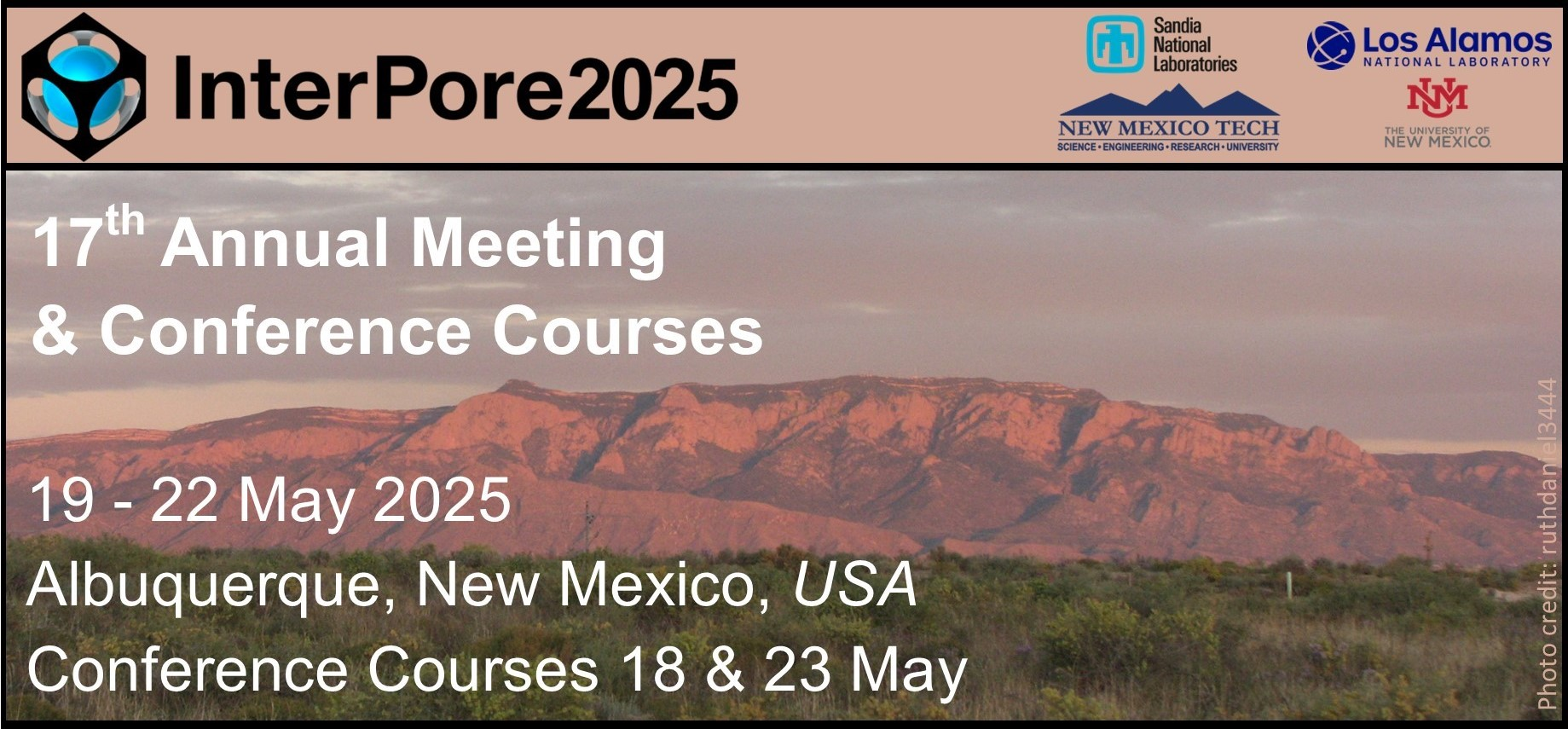Speaker
Description
In the quest to mitigate climate change, researchers have explored the geological storage of CO₂ in depleted oil and gas reservoirs, as well as deep saline aquifers. However, injecting CO₂ into these formations results in pressure buildup, which can lead to seismic activity, e.g., due to fault reactivation. Consequently, quantifying the risks associated with induced seismicity has become crucial. To systematically address this concern, we identify key input variables that impact quantities of interest (QoIs) relevant to seismicity. Using constitutive poroelastic relations and seismicity rate models, we propagate uncertainties in these inputs to corresponding uncertainties in these QoIs. We quantify this uncertainty propagation by adopting a Monte Carlo sampling approach to build cumulative distribution functions for the QoIs.
We present an end-to-end MC-based uncertainty quantification (UQ) framework for predicting the increase in seismic activity related to CO₂ injection in carbon storage sites. To speed up sampling, we use ideas from prior work on accelerated multilevel Monte Carlo for subsurface flow problems and from recent developments on devising optimal sample allocations for multifidelity Monte Carlo (MFMC) estimators. We deploy the resulting MFMC pipeline to estimate the cumulative distribution functions of relevant QoIs in CO₂-induced seismicity. Our approach uses simulations from the open-source simulator GEOS based on various levels of fidelity in terms of grid size and physical realism, along with predictions from data-driven approaches trained on GEOS simulations. We highlight some initial results demonstrating the end-to-end workflow and verify the correctness of our approach on a toy problem. Finally, we indicate next steps in applying our MFMC framework to real-world carbon storage sites.
| Country | United States of America |
|---|---|
| Acceptance of the Terms & Conditions | Click here to agree |






